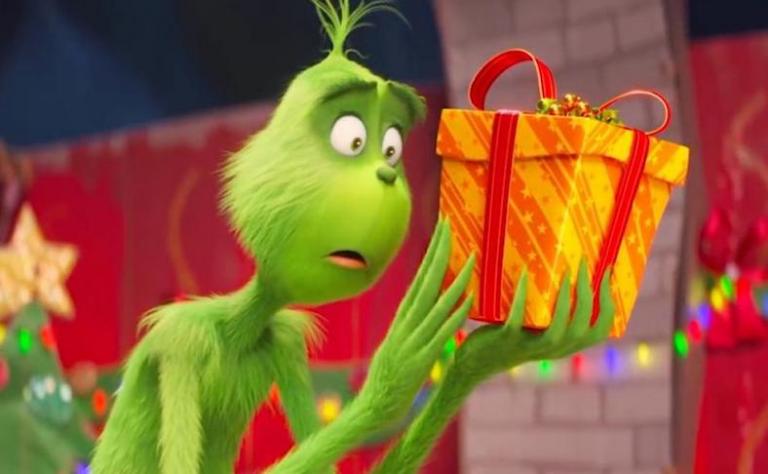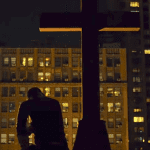
It takes sincerity. Spoiler warning: The Grinch steals Christmas. In his effort to make the folks of Whoville suffer like he did, the Grinch disguises himself in a Santa suit, gathers up all the presents and trees and makes off with them. Or, at least, he almost does.
But before he can make a clean getaway, he runs into tiny Cindy Lou Who, who gives him a hint as to what the Christmas spirit is really all about. Turns out, she’s not interested in getting anything. She wants Santa to give her mother something for being the great, tireless mom she is.
She tells him about her favorite part of Christmas, too: The singing, when the whole town gathers around the Whoville tree and lifts their collective voice up in thanksgiving and joy. She says that when you closes your eyes sometimes, “all of your sadness just goes away.”
These elements that Cindy Lou Who touches on are really important for us to remember. As Christians, we’re told that we get some pretty good things from it. But it’s not just about what we get, but what we give—and how it makes us want to give. People who aren’t Christians sometimes look at those of us who are and see that, yeah, Christianity can change us … into shrill, judgmental, false people. And who wants any part of that? But when we see that our faith changes us into honestly better people—people who care for others more than we do ourselves, who suffer just like everybody else but still find the joy and wherewithal to celebrate what we do have—it makes people think twice.
It takes timing. The Grinch does think twice … but it doesn’t impact his plans immediately. He only truly sees the power of Christmas later, when he hears the song for himself. And then, of course, he feels really bad about taking all the presents and trees and roasts beasts away.
But in a switch from the book, the Grinch doesn’t just show up for dinner, smiling as if nothing had happened. No, this Grinch really feels terrible about himself. He slinks back up to his mountaintop hidey hole to spend the holiday alone: It’s better that way, he tells himself.
I read somewhere that the only time that most of us ever change is when it’s too painful to stay where we’re at. Alcoholics and drug addicts often hit rock-bottom before they can start to climb back up. We sinners have to be fully convinced of our sinfulness before we turn to God. And that’s pretty much where the Grinch is: He’s just the worst, he feels. He’s ready to change.
But often, that change requires more than an understanding that we have to. It requires an invitation.
It gets tricky: The Grinch ran the other way when the carolers chased him, trying to force the Christmas spirit down his throat. Now he’s ready. But he’s locked away in his own isolation still. How can anyone get through?
It takes love. Cindy Lou, generous soul that she is, offers that invite—ignoring a host of “Keep Out” and “Get Lost” signs as she makes her way to the Grinch’s house to ask him to Christmas dinner.
It’s a brave thing for her to do. She doesn’t know how she’ll be received. Moreover, she doesn’t know what kind of guest he’ll be. Will he start talking politics over the roast beast? Will he drink all the egg nog? Who knows? When she invites him, Cindy Lou risks making Christmas night a little more uncomfortable for everyone. But she does so anyway, and we all know it’s the right thing to do.
I think lots of Christians—me included, and maybe me especially—want to feel safe, especially at this time of year. We slap on our sweaters, curl up with our tea and sink into a sense of fluffy nostalgia. We lean into the “comfort” side of “comfort and joy.” And that’s especially true at Christmastime. We want it all to feel very much like a Hallmark card or Norman Rockwell poster or, well, Whoville before the Grinch comes to visit. And to keep that vibe, we can be rather ungenerous.
But it’s only when we reach out—when we take chances and risk loving someone who might be hard to love—that we truly show the light and love that Christmas represents. And so often, we find that they—those supposedly unlovable people—weren’t the problem at all. It was us who, somewhere along the line, suffered a shrinkage of the heart, making it two sizes too small.
In this age in which immigration issues are very much in the public consciousness, when more and more often we separate us into tribes of us and them, it’s easy for us to look at folks on the outside of whatever walls we’ve built as the green, scary other. But this movie reminded me that, sometimes, the Grinch is way more me than they.













